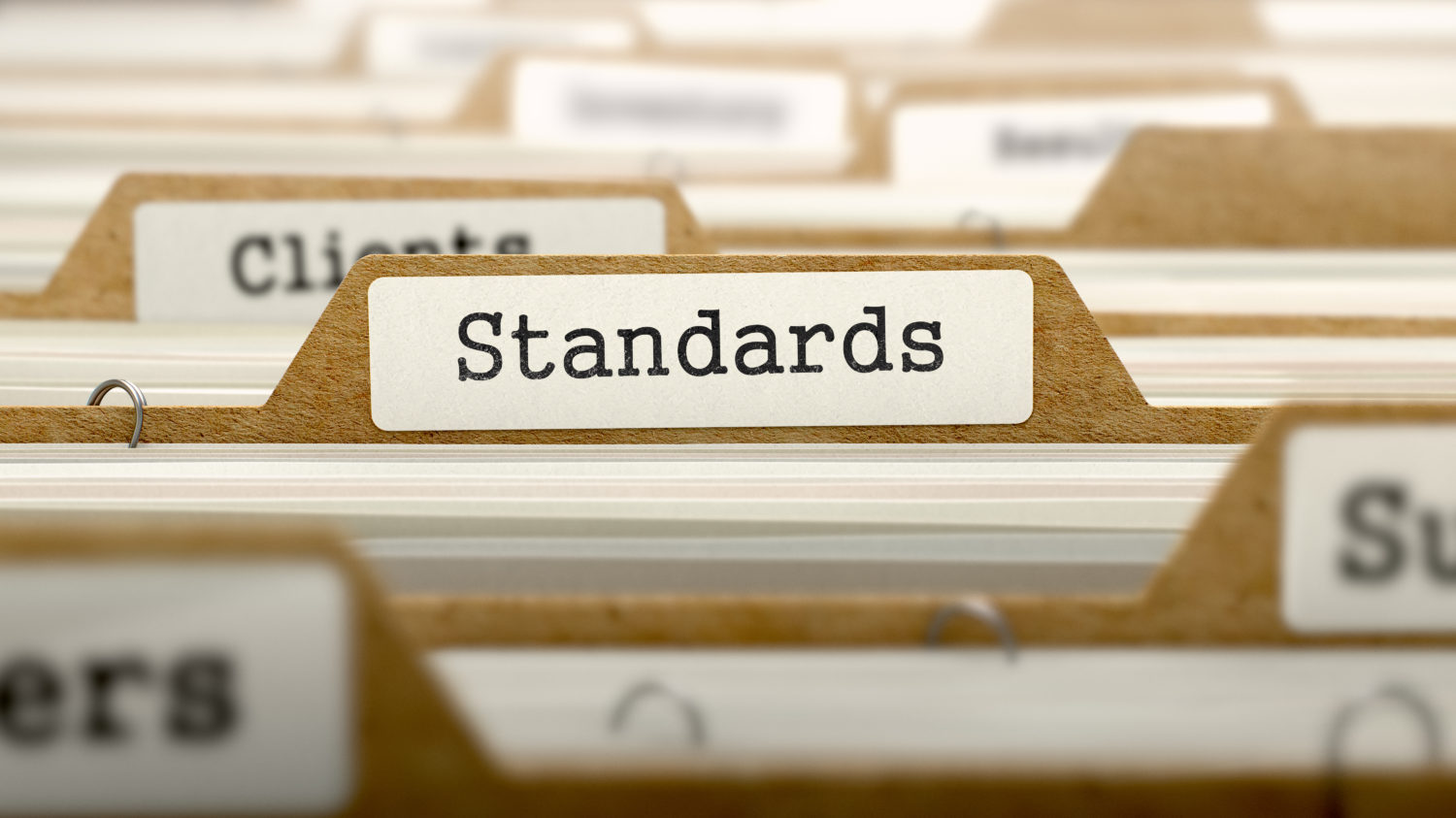

 会员登录
会员登录

- Home
- About us
- Corporate News
- China Policy
- China Compliance
- BESTAO Library
- Events
- Our Services
 On January 2, 2025, the State Administration for Market Regulation (SAMR), jointly with 16 other national ministries, issued the Guiding Opinions on Reinforcing the Work on the Formulation and Implementation of Standards (hereinafter referred to as “the Guiding Opinions”).
On January 2, 2025, the State Administration for Market Regulation (SAMR), jointly with 16 other national ministries, issued the Guiding Opinions on Reinforcing the Work on the Formulation and Implementation of Standards (hereinafter referred to as “the Guiding Opinions”).
The draft of the document was released in April 2024 to solicit public feedback. In its final version, the Guiding Opinions outline a clear objective: to accelerate the development of a high-quality standard system in China, shifting the focus from quantity to quality and efficiency in standard development, thereby supporting sustainable economic growth. By 2035, the Guiding Opinions aim to establish a comprehensive mechanism featuring traceability, supervision, and error correction capabilities. This mechanism will cover the entire lifecycle of standard formulation and implementation, achieving closed-loop management that integrates standard development, enforcement, feedback collection, and periodic review and revision.
The document is structured into five chapters. Beyond the overarching goals and requirements, the key highlights of the remaining chapters include:
Strengthening Supervision of Standard Drafting
· National Standards: Strictly limit the scope of mandatory standards (e.g., health, safety, environmental protection), standardize the processes for project initiation, drafting, and review, prohibit illegal fees, and enhance tracking and oversight.
· Sector Standards: Ensure compliance in standard formulation, remove codes that violate regulations, resolve conflicts between sector and national standards, and improve mechanisms for standard adoption and repeal.
· Regional Standards: Tighten control over the authority to formulate standards, eliminate regional mandatory standards that exceed their scope or violate rules, strengthen fair competition reviews, and enhance supervision of filing, review, and information disclosure.
· Association Standards: Standardize the formulation process, prohibit fees charged under the guise of participation, ensure equal participation for foreign entities, and rigorously inspect monopolistic practices and violations of regulations or mandatory standards.
Reinforcing Supervision Over Standard Implementation
· Mandatory Standards: Implement the principle of "who proposes, who supervises," investigate and penalize violations according to law, promote free public access to all current standard texts, and establish statistical analysis points to evaluate implementation effectiveness.
· Voluntary Standards: Encourage adoption and strengthen public inspections, conduct spot checks on pilot demonstration projects, and strictly investigate actions that hinder fair market competition.
· Market-Driven Standards (Enterprise and Association Standards): Enforce a strict self-declaration and disclosure system for enterprise standards, crack down on fraud and misrepresentation, and improve rules governing intellectual property rights for group standards.
Innovating Supervision Methods
· Monitoring Network and Feedback Mechanism: Build a national standard implementation monitoring network, streamline information feedback channels, strengthen issue resolution, and conduct regular implementation evaluations and third-party assessments.
· Verification and Review Linkage: Conduct spot checks on standard verification to ensure the scientific application of technical requirements, coordinate supervision results with standard review and revision processes, and promptly address outdated or contradictory standards.
Roles and Responsibilities of Regulators and Stakeholders
· The State Council: Oversee the unified management of national standardization work, supervise compliance of industry and local standards, coordinate major disputes, and investigate and penalize illegal activities.
· National Ministries and Regional Authorities: Relevant national ministries are responsible for supervising sector standards within their respective scopes, while regional regulators oversee regional standards, inspect enterprise standards, and monitor group standards.
· Social Supervision: Encourage public reporting of violations, explore the establishment of a social supervisor system, support third-party evaluations of group standard quality, and promote a competitive environment that ensures the survival of the fittest.
If you have any question or need further assistance, please reach us at: info@bestao-consulting.com.
BESTAO presents free monthly report on China compliance. It offers a comprehensive solution on observing various standards and regulatory activities in China. Sample of the monthly report please refer to:
https://www.bestao-consulting.com/detail?id=1740&status=bestao_library
Subscribe the free monthly report by register as a BESTAO website member at: https://www.bestao-consulting.com/login, or write an email to assistant@bestao-consulting.com.